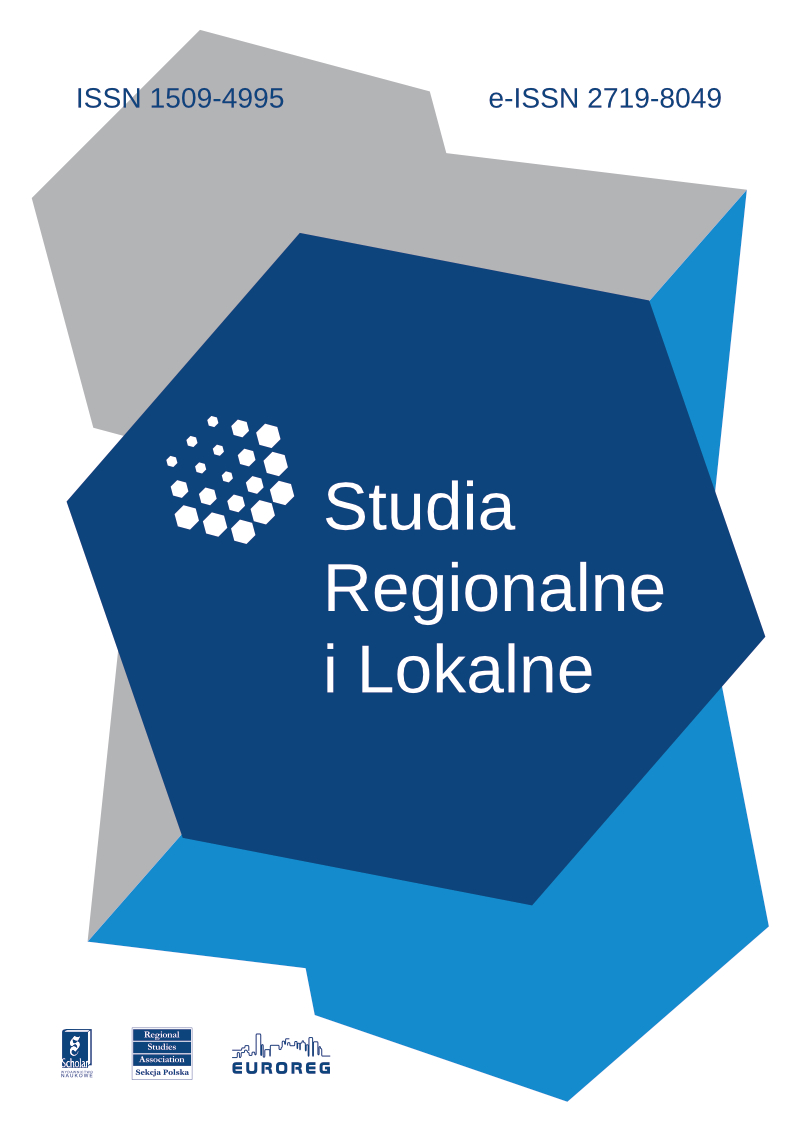Demokracja bezpośrednia w Polsce lokalnej – błędny model, zła praktyka
Referenda lokalne w Polsce stanowią specyficzną formę demokracji bezpośredniej. Zarówno zapisy ustrojowe i ustawowe, jak i kilkunastoletnia już praktyka przyczyniły się do tego, że referenda te nabrały cech populistycznych. Dotyczy to przede wszystkim referendów w sprawie odwołania władz lokalnych (rady miasta i burmistrza). Pozostałe referenda, w sprawie samoopodatkowania mieszkańców oraz w tzw. innej ważnej sprawie dla gminy, mają marginalne znaczenie (jest to ok. 10-15% wszystkich referendów). Praktyka referendów lokalnych w Polsce obejmuje ok. 500 głosowań. W pierwszych trzech kadencjach samorządu terytorialnego (1990-2002) w 347 referendach starano się odwołać rady gminy. W tej liczbie tylko 37 referendów miało charakter rozstrzygający, tzn. frekwencja w głosowaniu przekroczyła 30%. Skuteczność instytucji referendum, z powodu niskiej frekwencji, ograniczona jest głównie do małych miast (do 20 tys. mieszkańców).
Direct Democracy in Local Poland – Wrong Model, Bad Practice
Local referenda are a special form of direct democracy in Poland. As a result of some legal solutions and in the light of practice, now reaching back for over ten years, they must be considered as a populist and ineffective instrument. This refers primarily to the referenda on recalling local authorities such as city council and mayor, accounting for 85%-90% of all such events. The practice of local referenda in Poland embraces approximately 400 cases. During the first three terms in office of the territorial self-government (1990-2002), 347 referenda concerned recalling the communal councils. Such referenda may be initiated only by the residents of the commune. Only 37 of these referenda proved to be decisive, as their attendance turnout exceeded 30%. The effectiveness of referenda is limited mostly to small towns (up to 20 thousand residents), where the threshold turnout is usually reached.



